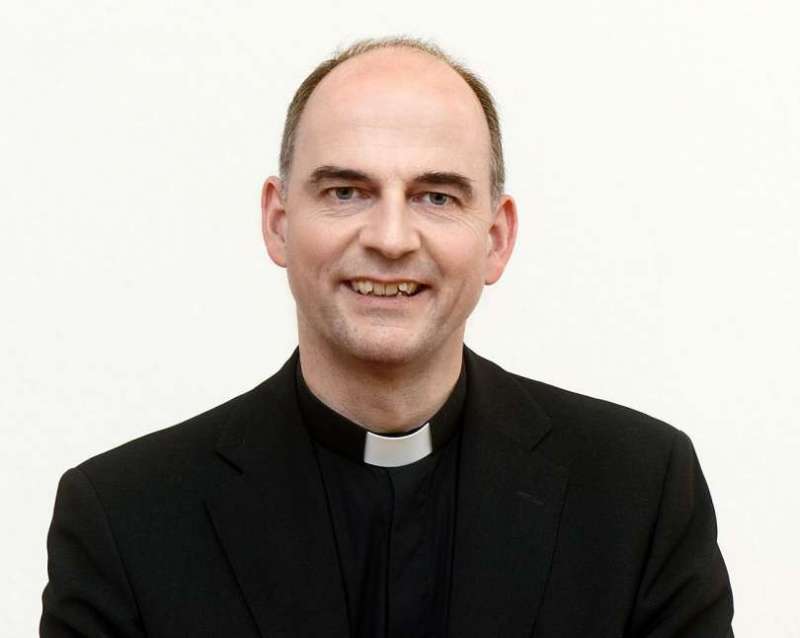The Bishop of Würzburg issued an open invitation to all Protestant spouses of Catholics to receive the Eucharist on July 5 and 6 while attending Masses celebrated for married couples at the Cathedral of St. Kilian.
Referring to inter-denominational marriages as "denomination-uniting," a press release published by the diocese says that Würzburg Bishop Franz Jung "especially invited" couples in which one spouse is Protestant to receive the Eucharist in his sermon on July 5.
Jubilee Masses are usually celebrated for couples who have been married for 25, 50 years or longer.
In May, the Vatican rejected a set of norms proposed by the German bishops’ conference on the question of intercommunion. Those norms were subsequently published by the conference as “guidance.”
Bishop Jung announced July 5 that he would discuss in detail the "recommendations made by the German bishops' conference with his diocesan councils."
"Today however, on the day of jubilees, I would like to express an invitation to receive the Eucharist to all denomination-uniting marriages in which the two partners have been faithful to one another for such a long time," Jung continued.
The 51-year-old Jung was installed as Bishop of the Bavarian diocese of Würzburg in June 2018. He is the fifth German bishop to announce an implementation of the bishops’ "orientation document" thus far.
While that document does not universally allow for Protestant spouses of Catholics to receive the Eucharist, it does allows the practice "under specific circumstances" and "in individual cases."
The Code of Canon Law permits baptized Protestants to receive the sacraments of penance, Eucharist, and anointing in “danger of death,” or in another circumstance of “grave necessity,” determined by a diocesan bishop or bishops’ conference. However, the Church’s law requires that those receiving them “manifest Catholic faith in respect to these sacraments and are properly disposed.”
The other bishops to announce an “implementation plan” of the German bishops’ guidelines are Archbishop Hans-Josef Becker of Paderborn, who introduced the change with immediate effect on Sunday, July 1st, as did Archbishop Stefan He√üe of Hamburg a few days later. Archbishop Ludwig Schick of Bamberg has also followed suit, describing certain requirements in addition to the document. Meanwhile Bishops Gerhard Feige of Magdeburg and Franz-Josef Bode of Osnabrück have declared their intentions but have not implemented the move just yet.

